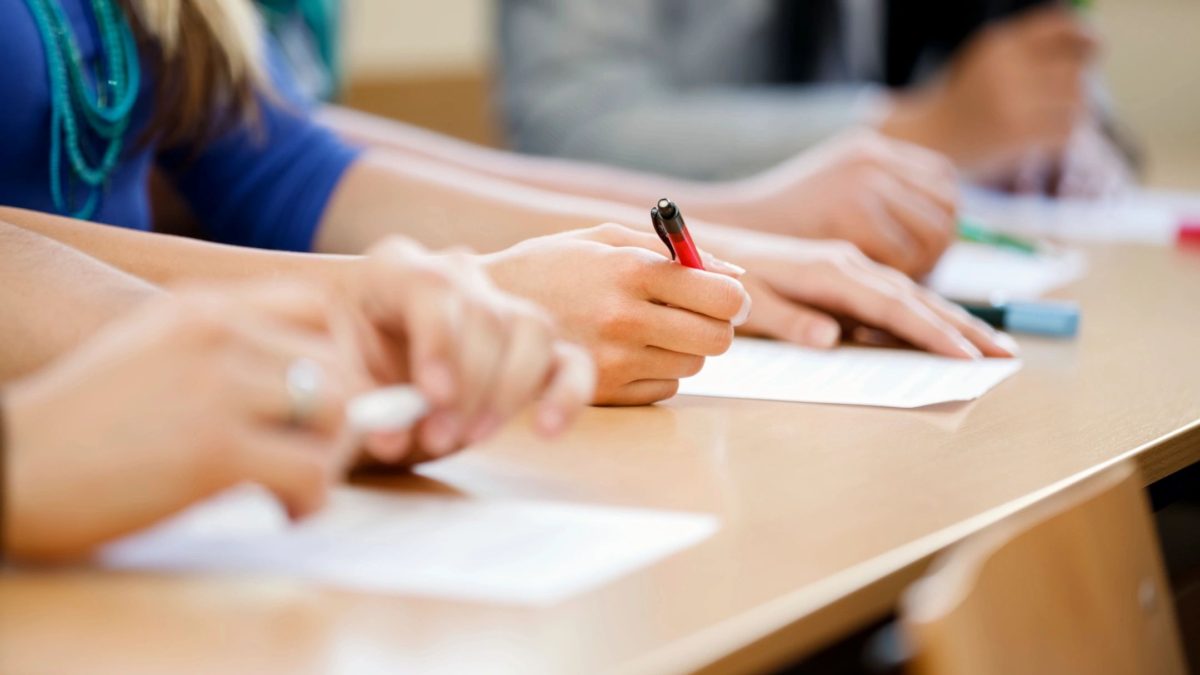It is easy to think that when it comes to educating our children that we rely on the school to provide a wide range of resources. But we have to remember that whether you are fostering a child or you have raised them from day one, as the main adult in their life, it is so important to remember your influence over every aspect of their lives. When it comes to educating our children, it isn’t just about making sure that they are academically proficient, but it’s about making sure they have the skills in every other aspect of their life. Your child’s education is about a comprehensive approach to academic emotions, health, and everything in between. While this may sound like a massive challenge for every parent, let’s dive in and show you how you can have a positive influence on your child’s education.

Filling In the Gaps in Their Academic Education
We have to look at our children’s curriculum and understand if what they are learning is going to give them a thorough grounding in life. While we don’t want to confuse matters by adding extra education, we can take inspiration from someone like Barack Obama’s mother who gave her son additional lessons before school every day. But she did this because she felt he needed a better form of education in addition to what the school was providing. This means you have got to look at what your child is learning and make a sound judgment as to whether it is adequate enough.
The great thing is that now teaching our children at home is far more widespread than it was 20 years ago. You can very easily get free lesson plans and worksheets for teachers by Studentreasures publishing to use as a structure, or you can tailor your own lesson plans. We don’t want to insult the educational system, but it’s about understanding if there are gaps in their education. We can then plug these gaps to ensure our children have a solid and well-rounded education.
Giving Our Children Real-Life Experience
Education can give our children a grounding in the academic side of things and it can prepare them for studying, but what happens when they leave education and go into the real world? It can be a big shock to the system. Giving our children a wide variety of experiences in the real world starts at home. We can do it in simple ways. By giving our children the knowledge to help themselves in the real world, it will better prepare them. In one respect, we might think that it’s best to let them learn lessons as they go, without us being there to catch them. But it’s about guiding them towards real-life experiences, but also ensuring they have the tools at their disposal to handle real-world problems.
Encouraging resilience in our children is partly to do with exposing them to stressful situations, albeit in a controlled manner, but it’s also about ensuring they develop the skill as they get older. We need to develop their resilience in little ways. We have to be age-appropriate. It is something that we can do early on in life. Encouraging them to take on a challenge is a very good example. You can encourage determination early on in life. If your child does a drawing and you say it’s great but they do another one for more praise but the quality slips, you can (in a very tactful manner) encourage them to do better. Providing honest feedback in a supportive manner, as well as encouraging them to overcome their inner obstacles, such as shyness, will give them that strength that doesn’t just help them in social situations, but becomes part of their emotional toolbox.
Practice What You Preach
When we are educating our children and we are doing something that all the other parents are not, it can send a message to our children that they are different. And if we don’t bridge the gap by practicing what we preach, our children may feel that they are being needlessly punished. After all, they are going to school and they are learning there, but when we provide an extra angle to education at home, we have to make sure that we aren’t just pointlessly setting our children exercises. We’ve got to immerse ourselves in the experience as well.
When it comes to our children’s education we also need to benefit from it too. And when our children want to go out and play but we are encouraging them to do something else, it’s hardly surprising that they feel they are being punished. But this is where we can use education as a way to become closer as a family.
Tailoring our children’s education towards real-life situations and resilience isn’t just about setting tasks, but it’s about getting involved and making the educational experience suitable for them. This is why you got to provide a diverse range of experiences in terms of books, museum visits, and real-world experiences. The more things you can provide, the more they will get out of life. And when we set our children tasks because we know it’s for their own good but we don’t get involved, this is why our children feel that we are punishing them. Education is one of those things that we can’t wait to get out of when we are younger but it’s only as we gain valuable life experience that we look back on school and realize what it did for us. Therefore, the goal is to provide that understanding as soon as possible. And this is why it’s so important for you to encourage your child to learn about things that excite them. But when we’re trying to provide a plethora of experiences and education, it’s about practicing what we preach.
It’s not easy to ensure that your child gets the education you think they need but it is possible, just as long as you are prepared to put in the groundwork.
















